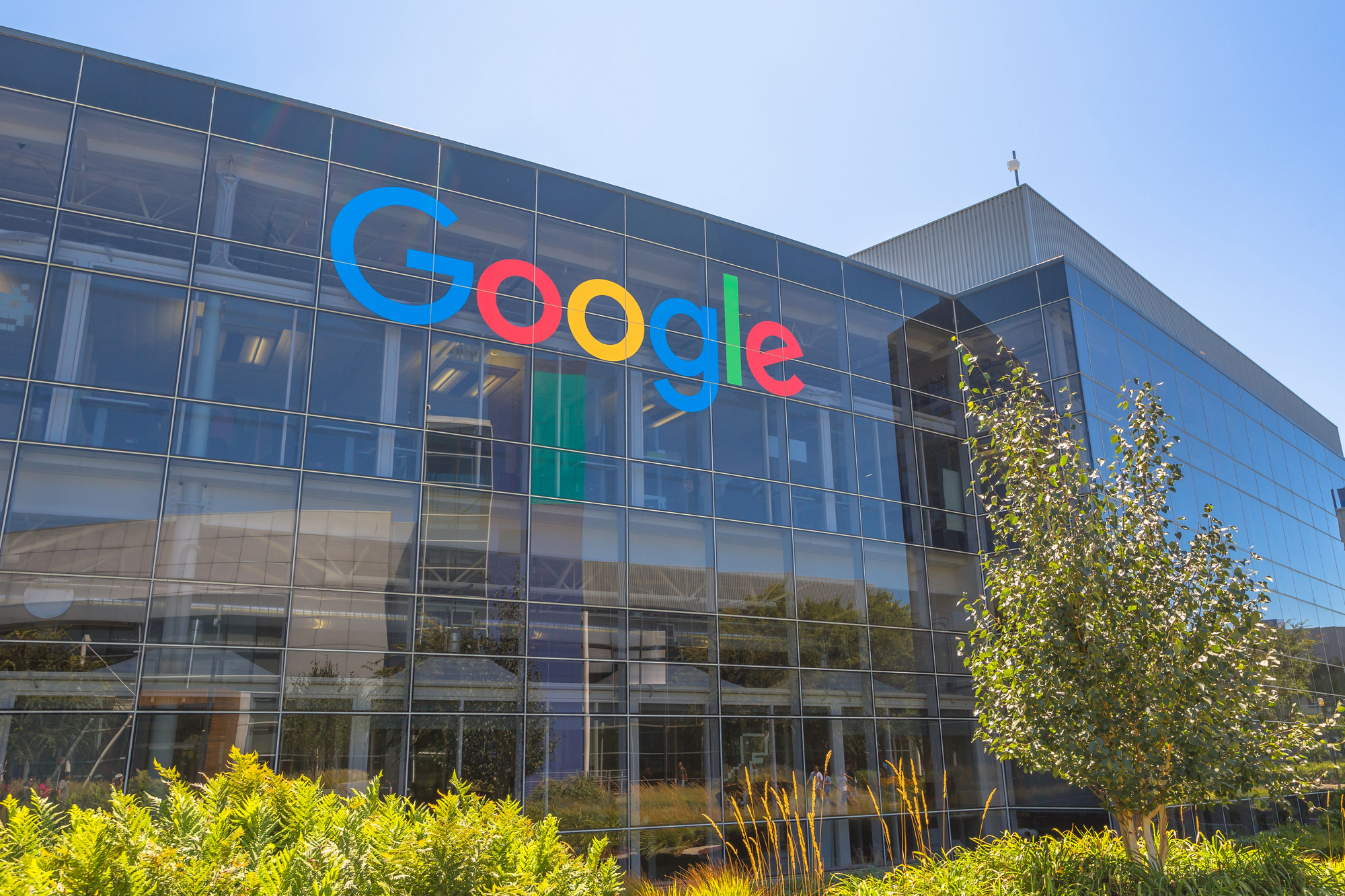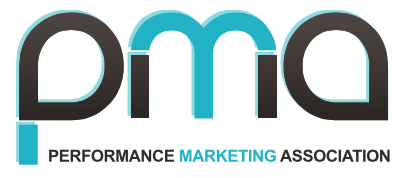
Is the New Google Toolbar Policy a Step Toward Affiliate Industry Standard?
The affiliate world is buzzing today with news of a new Google Chrome Web Store “Affiliate Ads” Program Policy. The full policy can be read here.
Although the entire policy is directed at browser extensions that use affiliate links, the key provisions are:
- Affiliate cookies can only be set when the extension provides a tangible user benefit related to the extension’s core functionality.
- Affiliate links cannot be injected when “no discount, cashback, or donation” is provided.
- “Related user action is required” before each cookie can be set.
- It is a violation for a cookie to be set without the user’s knowledge while the user is browsing a shopping site.
In addition to the policy on the page, an email was sent to developers with added clarification:
“For example, an extension that finds and applies coupon codes must not insert an affiliate link if no coupon or discount is found. This prevents extensions from monetizing users without delivering a clear value in return.”
Enforcement of the policy begins June 10, 2025.
This policy is likely in response to the various toolbar lawsuits that have been filed in the U.S. in the last couple of months (the PMA is tracking them all here). For the last couple of years, we have been working on resources such as a DSP: A Quick Reference Guide and Whitepaper: How Attribution Models Affect an Affiliate Program.
Does this new Google policy help move us closer to an industry standard on attribution and toolbars?
Although the new policy does clarify a couple of issues such as cookies being set when they are not related to the extension’s core function (such as a weather app setting cookies while the user is in a shopping cart) and cookies being set when no discount or cash back is available, there are still outstanding issues such as:
- Can the toolbar overwrite existing cookies previously set by another publisher?
- Should toolbar cookies be treated differently in these situations than non-toolbar cookie overwrites?
- What happens when multiple toolbars with a tangible user benefit are installed on the same browser? Which takes priority?
After decades of rehashing the issue and never coming up with a permanent solution, the current legal and privacy compliance climate (along with more user awareness about how affiliate marketing works) might be creating the perfect storm for an enforceable industry standard.
We invite everyone to continue to work with the PMA toward this goal!
Latest posts by Tricia Meyer (see all)
- Webinar Replay: Rewarding Publisher Influence in LLMs - January 28, 2026
- New Whitepaper: Beyond the Affiliate Coupon Code - January 26, 2026
- New Webinar: Rewarding Publisher Influence in LLMs - January 8, 2026

 Follow
Follow